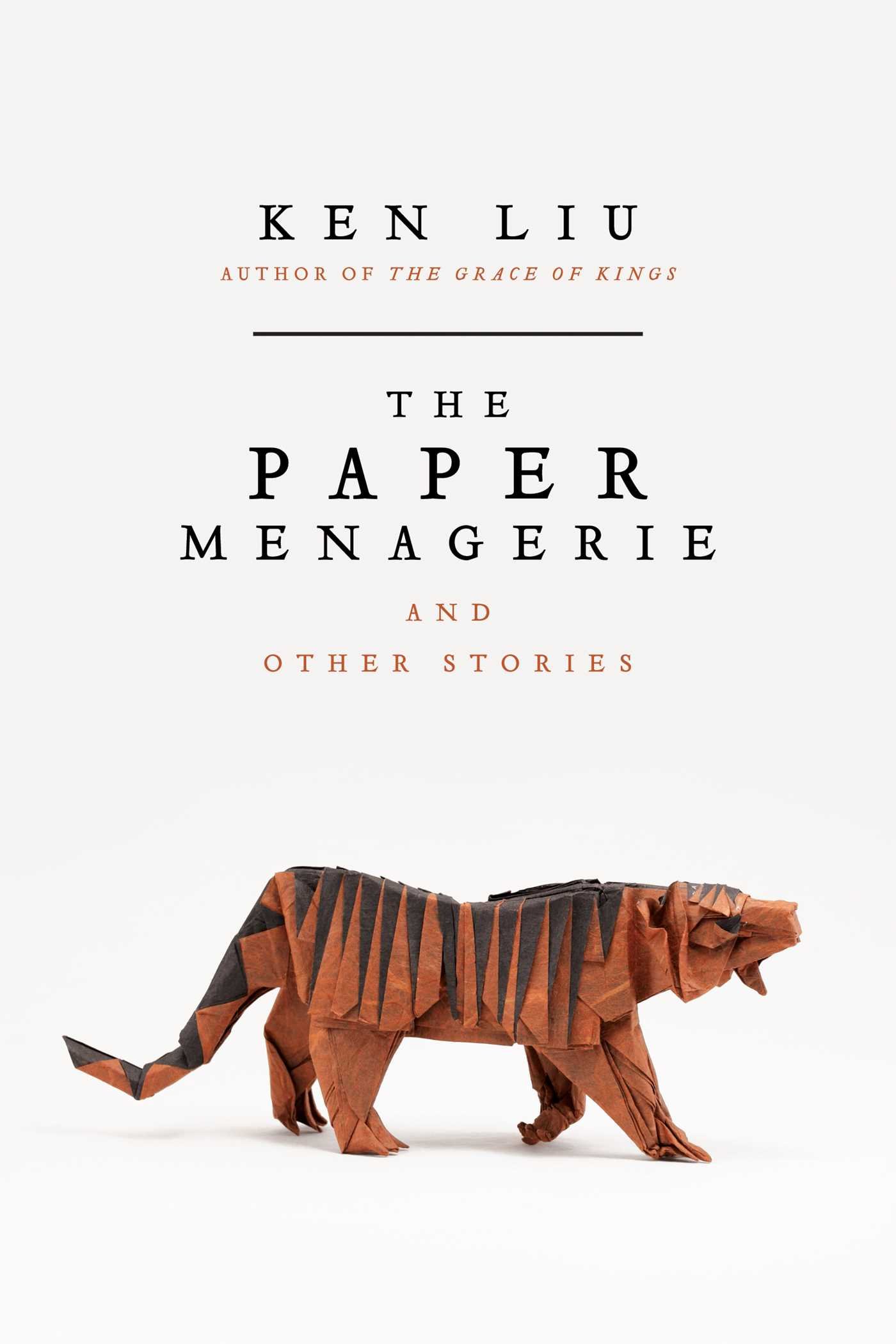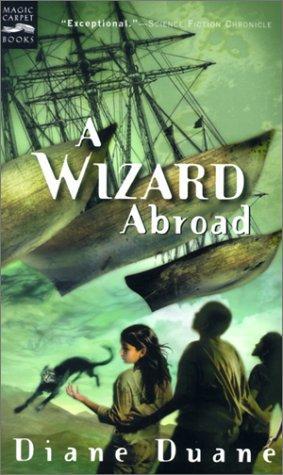Although almost all of the stories in Ken Liu’s new collection The Paper Menagerie have been published before, readers (like me!) who came to his work after reading or hearing of his Nebula-nominated debut novel The Grace of Kings will be thrilled to have so much of his shorter work easily available in one place.
All in all, The Paper Menagerie is an excellent collection of stories, ranging from quirky, near-future worlds to space dramas and beyond. The most prevalent, and often most powerful, of his stories, however, fall into a category not as often tackled in speculative short fiction: historical stories with a touch of either magic or science fiction. One such story in the collection, “The Man Who Ended History”, explores the atrocities committed by Japanese scientists at the “research” facility Unit 731 during WWII. Another (“All the Flavors”) traces the experiences of Chinese immigrants living out West during the American Gold Rush, as seen through the eyes of the young girl who lives next door, and yet another (“The Literomancer”) gives a glimpse of the cruelty under which the Chinese people often suffered during the Cold War.
These stories are upsetting, and when considering real, horrible events such as these, there is no “happy ending” to be found. Liu mines history for these vital and too-often neglected narratives, infusing them with otherworldly elements which lend new energy to their telling. He is a talented storyteller whose speculative stories have a tangible real-life benefit: forcing us to examine our own beliefs and attitudes towards both our past and present, and illuminating important events that are unknown to many Western readers.
Some of my other favorites from the collection include “State Change” and “The Paper Menagerie”, both of which contain magical elements that manage to dynamize their narratives and charm the reader, and “The Waves” and “Mono No Aware”, two related tales about a future time when the human race is forced off of Earth to search for a new home. This evacuation results in both hugely significant developments for humans as a race and small, nuanced personal tales, both of which I found to be quite moving.
If there’s one thing that all the stories in this collection make clear, it’s that they and their concerns are both achingly human and beautiful. Liu’s talent in evoking atmosphere and culture make these tales more than stories – they’re journeys. If you’re looking to dream of another world, or reflect on our own, do yourself a favor and pick up a copy of The Paper Menagerie.
A copy of this book was provided by the publisher for review.


